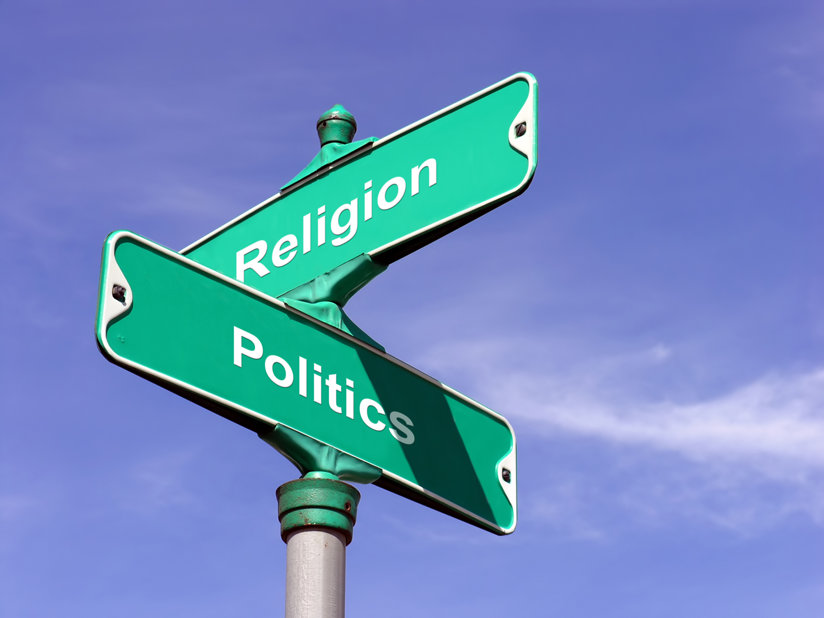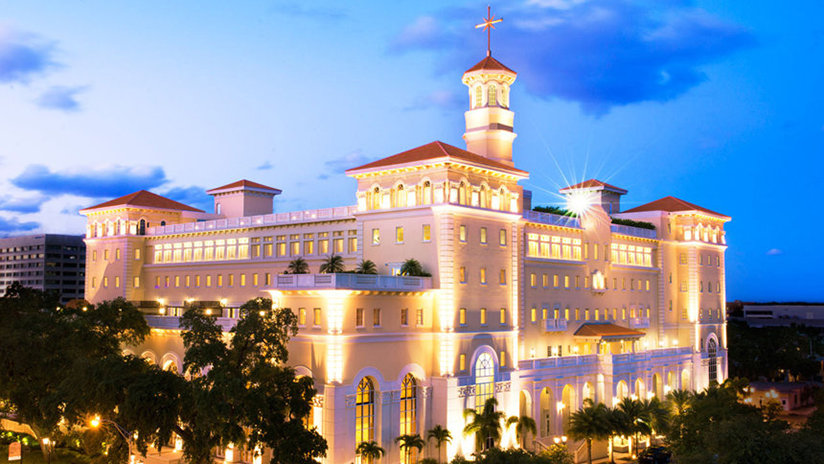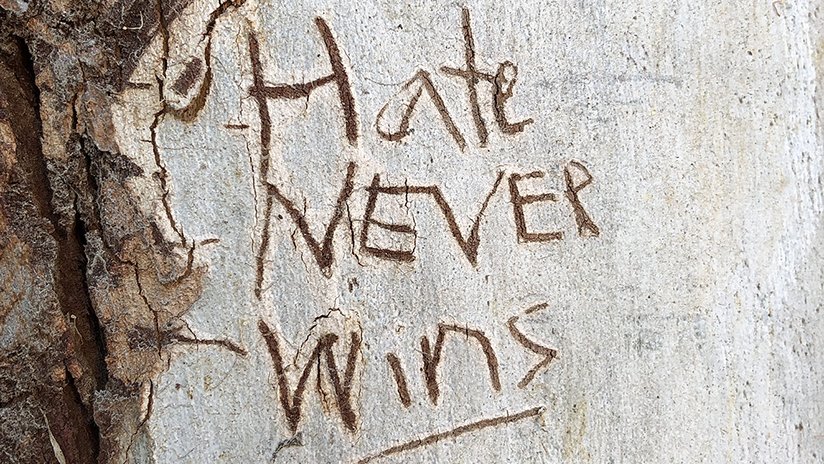
-
HOME
-
WHAT IS STANDOur Mission Our Values Our Help Contact
-
WHAT WE FIGHT FORReligious Freedom Religious Literacy Equality & Human Rights Inclusion & Respect Free Speech Responsible Journalism Corporate Accountability
-
RESOURCESExpert Studies Landmark Decisions White Papers FAQs David Miscavige Religious Freedom Resource Center Freedom of Religion & Human Rights Topic Index Priest-Penitent Privilege Islamophobia
-
HATE MONITORBiased Media Propagandists Hatemongers False Experts Hate Monitor Blog
-
NEWSROOMNews Media Watch Videos Blog
-
TAKE ACTIONCombat Hate & Discrimination Champion Freedom of Religion Demand Accountability
A Simple, Easy Policy on Politics and Religion
I have a friend on social media who is a practicing Baptist minister. He’s an old friend from high school.
He has the usual family/nature/“funny stuff” posts, but his favorite subject matter seems to be politics. Since he is opinionated, partisan, and a follower of mainstream media, his political posts go up and it’s only a few short moments before the sparks start to fly.
In a perfect world, facts would be shared, resolutions would be made, actions would be taken to improve our societies and then we’d all get on our unicorns and ride off to the nearest rainbow. But given the anonymity and unaccountability of one’s comments on social media, the discourse can get emotionally charged and rather nasty. People on each end of the political spectrum assert their own rightness, and often bring religion into it too. In the end, conservatives stay conservative, liberals stay liberal, no one changes their minds, and everyone moves on from these posts feeling a little angry and upset.

I look over his posts and feel sad, knowing my friend is alienating some of his congregation. His role as a minister, whether it be to pass on the teachings of his religion or provide hope and guidance to those who need it, has to be compromised when he does this.
If the numbers of those attending religious services are fewer than they’ve ever been, shouldn’t we take a look at what is dividing us?
Take, for example, the synagogue my mom attends. During his sermons, the rabbi often gets political. Wouldn’t you know it—his political views are quite opposite from hers. She’s not at all interested in hearing his politics and it’s not what she goes to synagogue for. She goes because Judaism is a very important part of her life and this spiritual path brings her joy. And although those who agree with the rabbi’s politics may leave the service feeling fine, my mom’s spiritual experience is diminished, along with the camaraderie she has for her group. The rabbi is ultimately cutting down her reach for being a member of his congregation.
Why not lift the spirits of the whole congregation, rather than just a portion of it?
Now at this point, you may think I’m about to tell you that it’s a good thing that all Scientologists never argue and always agree politically (and ride unicorns). Well, that’s definitely not the case. The Scientologists that I know represent all parts of the political spectrum. But I can tell you this with certainty: when we are in church or representing our church, uplifting every person as a spiritual being is the focus, not politics.
I feel we’re lucky, especially as we move into this new decade, that L. Ron Hubbard made his stance very clear:
“Scientology and Scientologists are not revolutionaries. They are evolutionaries. They do not stand for overthrow. They stand for the improvement of what we have.
“Scientology is not political. When the fires of ideology threaten to consume us all, it is time to forget politics and seek reason.”
The above examples are personal for me, and therefore somewhat small scale. But if the numbers of those attending religious services are fewer than they’ve ever been, shouldn’t we take a look at what is dividing us? If people have a tendency to distance themselves from those they are at odds with, religious leaders talking politics could be pushing people away.
Mr. Hubbard wrote that the first policy of Scientology organizations is to “MAINTAIN FRIENDLY RELATIONS WITH THE ENVIRONMENT AND THE PUBLIC.”
All religious groups would be wise to keep such a policy. If, in the current culture of 2020, that includes keeping politics out of religion, it just might be the right thing to do.
When religions succeed in helping people rise to their full potential, we all win.









